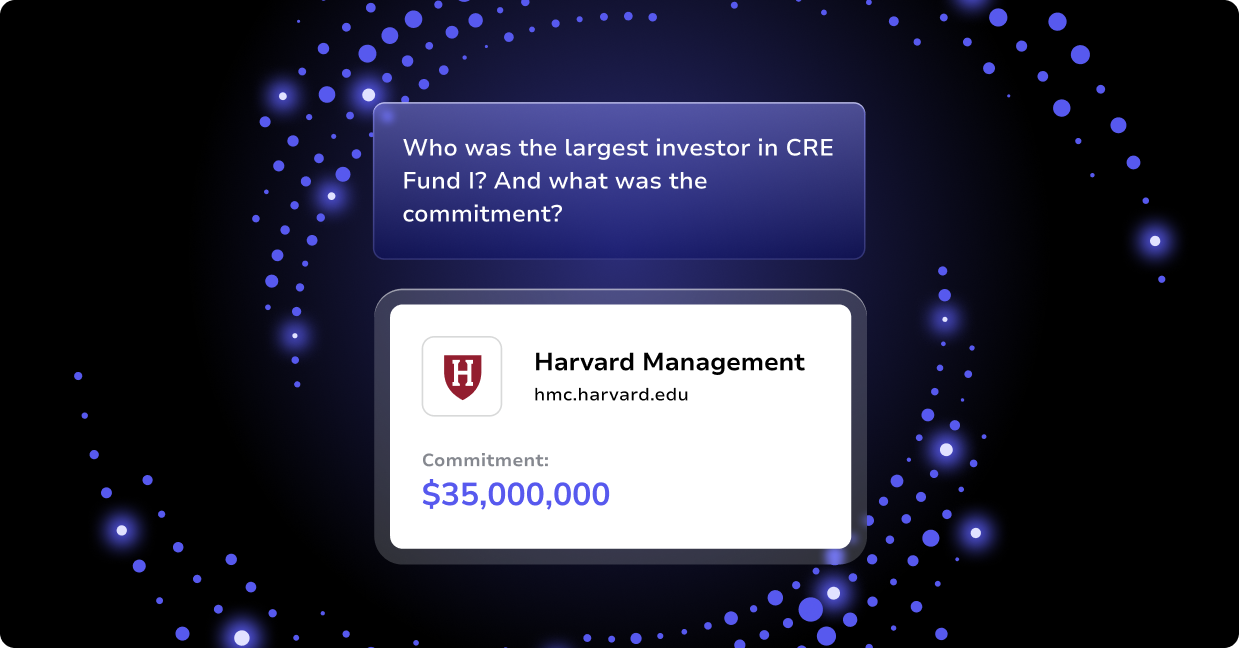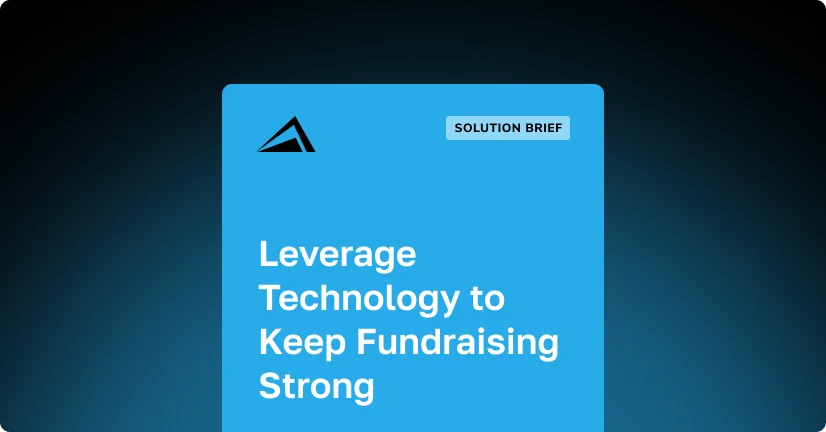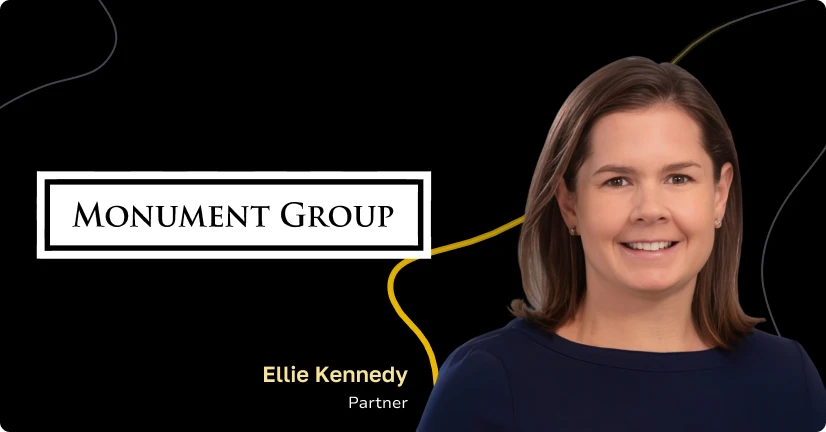The pressure is on for private capital firms to modernize—but with so many vendors and options, how do you choose the right tech stack? This guide walks you through the key questions, pitfalls, and priorities when evaluating technology for fundraising, investor relations, deal management, and reporting.
You’ll learn:
- 5 common challenges software can solve for PE/VC firms
- Must-have features to support fund lifecycle workflows
- When to choose custom vs. out-of-the-box solutions
- Why integrations matter for long-term scalability
- What to ask during demos and due diligence
Download the guide to build a tech stack that supports growth—without compromising control.



